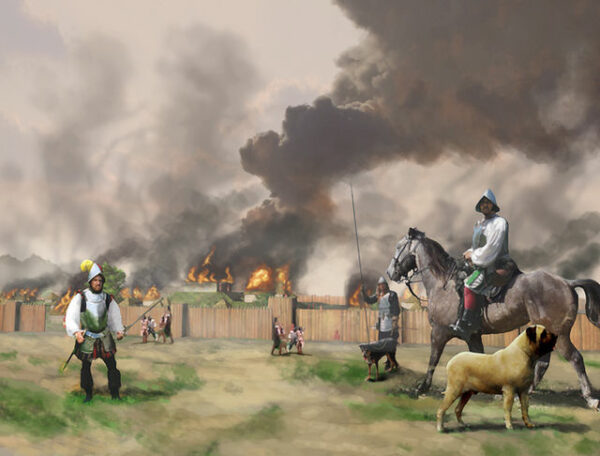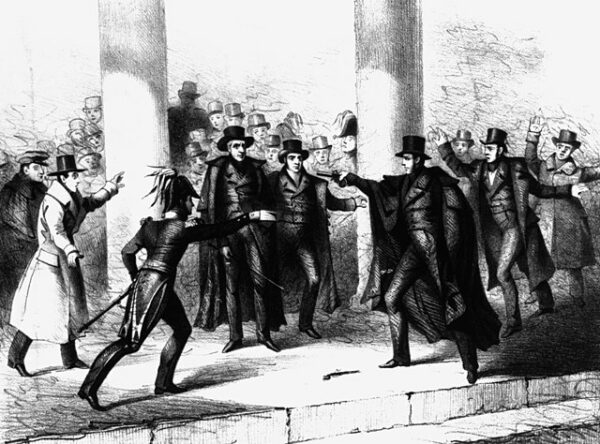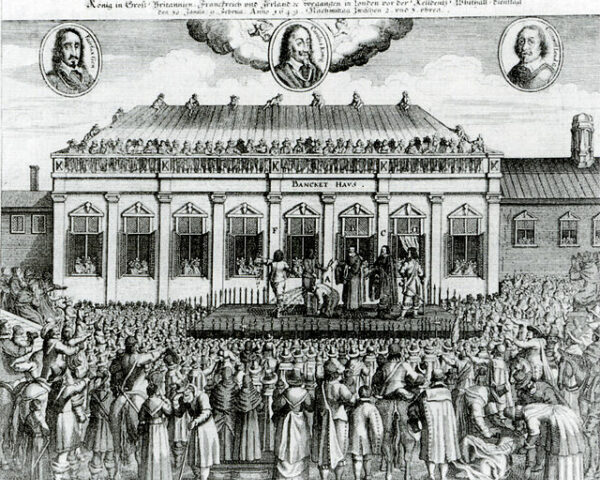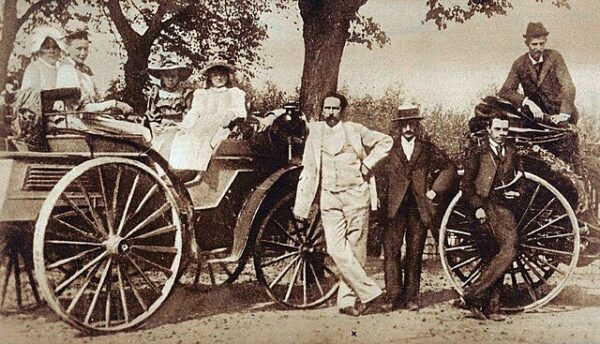On October 18, 1540, Spanish conquistador Hernando de Soto and his forces clashed with Native American warriors at the fortified town of Mabila in present-day Alabama, in one of the bloodiest encounters of de Soto’s North American expedition. This battle marked a pivotal moment in the brutal Spanish incursions into the southeastern United States, leaving the town destroyed and the powerful chieftain Tuskaloosa dead.
De Soto had been exploring the southeastern territories of North America since his landing in Florida in 1539, seeking riches and establishing Spanish dominance in a land largely unknown to Europeans. During his expedition, he encountered numerous Indigenous peoples, many of whom initially treated him and his men with cautious hospitality. One of the most significant encounters was with Tuskaloosa, the paramount chief of a powerful Mississippian tribe. Tuskaloosa, described as a tall, imposing figure, met with de Soto under a veneer of diplomacy but secretly harbored strong resentment towards the Spanish.
Tuskaloosa’s domain stretched across what is now Alabama, and his people lived in a network of fortified towns, with Mabila being one of the strongest. Though Tuskaloosa initially treated de Soto with the appearance of respect, tensions quickly escalated when de Soto demanded supplies and slaves from the chief. Resentful of Spanish demands and suspicious of their intentions, Tuskaloosa plotted to draw de Soto into a trap. He lured the conquistadors toward Mabila, intending to ambush them once they entered the walled town.
Upon arriving at Mabila, a heavily fortified settlement located near the Alabama River, de Soto’s forces were invited inside under the pretense of receiving hospitality. However, once within the gates, the Spanish quickly realized that they had walked into a trap. Mabila’s streets were filled with heavily armed warriors, hidden behind the town’s palisades, waiting for Tuskaloosa’s signal to attack. Tuskaloosa, believing he had the upper hand, intended to wipe out de Soto’s forces in a surprise assault.
The ambush erupted into full-scale combat when the Spaniards sensed the danger and preemptively attacked. What followed was a brutal and chaotic battle. The Spanish, outnumbered but armed with superior weaponry, including steel swords, crossbows, and firearms, fought fiercely to defend themselves. The warriors of Mabila, armed with wooden clubs, stone axes, and bows, fought back with equal tenacity. The fighting raged for hours, with the Native warriors using the town’s fortifications to their advantage.
De Soto’s forces eventually gained the upper hand due to their superior armor and weapons, but at great cost. The Spanish soldiers set fire to Mabila, turning the town into an inferno. The conflagration trapped many of the Native warriors inside the walls, and the heat and smoke forced others to flee into the open, where they were cut down by the Spaniards. As Mabila burned, hundreds of Tuskaloosa’s warriors were killed in the flames or fell to Spanish swords and guns. The fortified town, once a symbol of Tuskaloosa’s power, was reduced to ashes.
The battle at Mabila was devastating for both sides. It is estimated that thousands of Native warriors perished in the fighting, and the Spanish lost several dozen soldiers. Tuskaloosa himself was killed in the battle, though the exact circumstances of his death remain unclear. Some accounts suggest he died in the flames of Mabila, while others believe he was killed while leading his warriors in a desperate last stand.
Though victorious, de Soto’s forces were severely weakened by the battle. Their supplies were depleted, and many soldiers were wounded. The destruction of Mabila marked a turning point in de Soto’s expedition, which would continue to face increasing resistance from Native American tribes as it pressed further into the interior of the continent. For the Indigenous peoples of the region, the loss of Mabila and the death of Tuskaloosa were a profound blow, but their resistance to Spanish incursions would continue for years to come.






